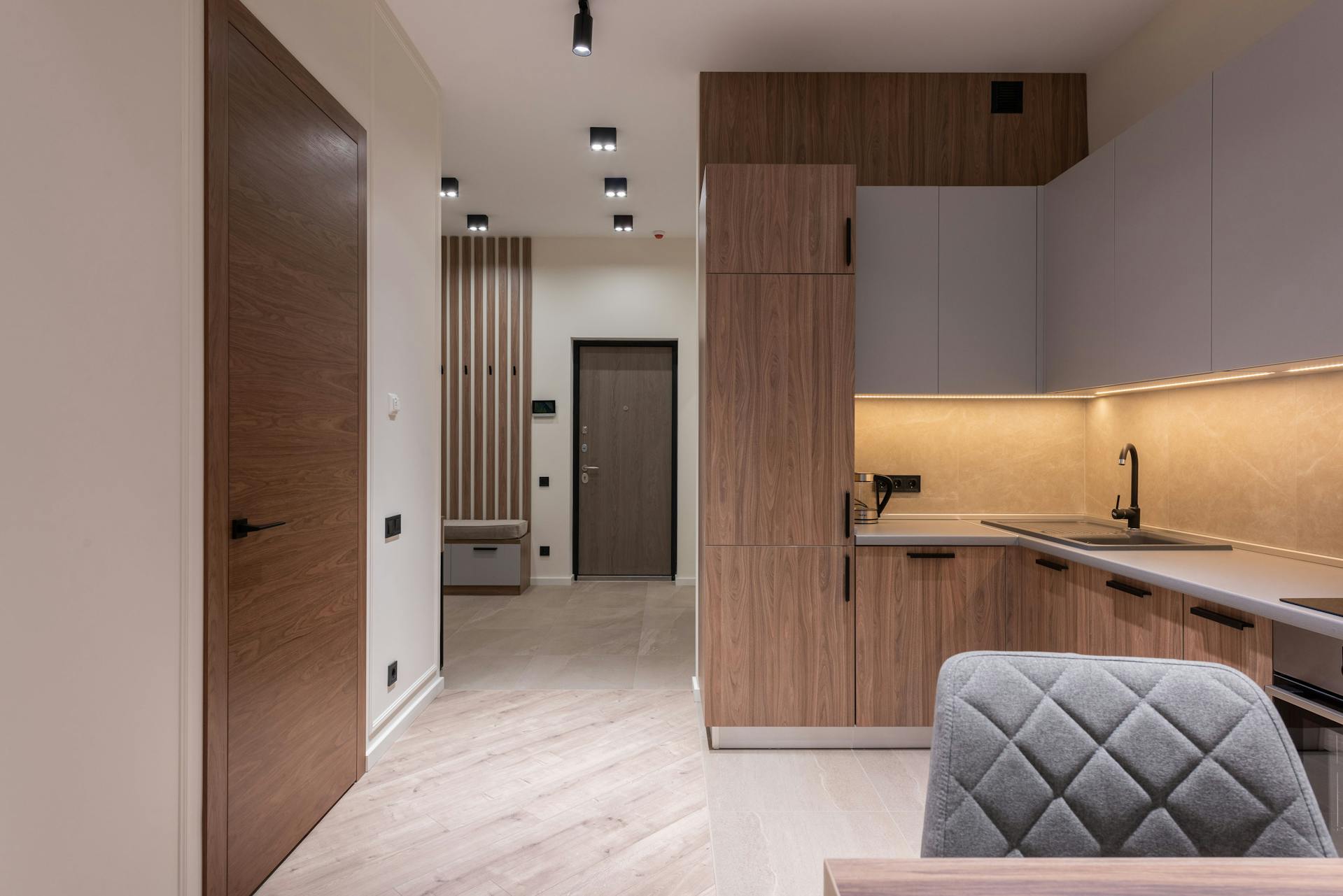Effective early childhood education is a collaborative endeavor. The relationship between parents and daycare centers New York City serves as the cornerstone for a child’s cognitive, social, and emotional development. When families and teachers share goals, expectations, and communication channels, children experience a seamless learning continuum that fosters trust, engagement, and resilience.
At Little Scholars NYC, the parent-teacher connection is prioritized as a fundamental pillar of educational philosophy. Through structured communication, consistent engagement, and transparent practices, the school ensures that children thrive in a supportive environment where their development is closely monitored, celebrated, and guided.
The Importance of Collaboration in Child Development
Collaborative partnerships between families and educators significantly impact early learning outcomes. Research demonstrates that children whose parents actively engage with teachers exhibit higher academic achievement, improved social skills, and stronger emotional regulation. Collaboration ensures that learning is reinforced across home and school environments, allowing children to internalize concepts and behaviors in multiple contexts.
High-quality early education programs, like those at Little Scholars NYC, integrate family collaboration into daily practice. Teachers provide individualized feedback, align strategies with family priorities, and utilize inclusive approaches to honor each child’s cultural and developmental background. This multi-layered engagement reinforces a sense of belonging, fosters security, and promotes holistic growth.
How Strong Communication Benefits Children’s Growth

Clear, consistent communication between parents and educators is critical for monitoring development, addressing challenges, and celebrating milestones. When parents are informed in real-time and understand classroom strategies, children benefit from a unified approach to learning and behavior management.
Shared Goals Between Home and School
Alignment of expectations and objectives ensures that children receive coherent guidance across environments. Shared goals may include:
- Cognitive milestones: Language acquisition, numeracy, and early STEM exploration.
- Social-emotional development: Emotional regulation, conflict resolution, and empathy.
- Physical and motor skills: Coordination, balance, and fine motor development.
- Creative expression: Music, arts, and imaginative play integration.
- Behavioral consistency: Reinforcement of routines, independence, and classroom rules.
By establishing clear goals and maintaining ongoing dialogue, families and teachers create a cohesive support network that maximizes developmental outcomes. Children perceive consistent guidance, which strengthens self-confidence, motivation, and adaptability.
How Little Scholars NYC Builds Parent Partnerships
Little Scholars NYC has developed a comprehensive framework for fostering parent engagement across its multiple locations in Brooklyn and Manhattan. The approach balances accessibility, inclusivity, and technology-driven communication, ensuring parents are integral partners in the learning process.
Teachers employ the Brightwheel app to deliver daily updates, including: classroom activities, developmental progress notes, meal and snack reporting, and observations on social-emotional growth. Families can provide immediate feedback or ask clarifying questions, enabling a continuous dialogue that strengthens the parent-teacher connection.
The school also hosts structured family engagement events, including workshops, open houses, and seasonal celebrations, promoting transparency, community cohesion, and shared educational values. These practices underscore the institution’s commitment to fostering trust, accountability, and co-ownership of children’s learning journeys.
Daily Updates, Open Dialogue, and Family Events
Key components of Little Scholars’ parent partnership framework include:
- Real-time digital communication: Daily logs and updates via Brightwheel.
- In-person consultations: Regular parent-teacher conferences to review individualized learning plans.
- Family workshops: Interactive sessions on SEL, STEM, literacy, and play-based learning strategies.
- Community celebrations: Cultural events, performances, and milestone recognition.
- Transparent feedback loops: Opportunities for parents to discuss progress, concerns, and developmental goals with educators.
Through these strategies, Little Scholars bridges the gap between home and school, creating an environment where families feel informed, empowered, and confident in the quality of care and education provided.
Parent Advice: Strengthening the Home-School Relationship
Parents play a critical role in enhancing collaboration. Intentional practices at home amplify the benefits of classroom learning. Effective strategies include:
- Active participation in routines: Reinforce classroom habits at home to promote consistency.
- Regular communication: Respond to teacher updates and provide context for home observations.
- Goal alignment: Discuss developmental objectives with teachers and co-create individualized learning strategies.
- Positive reinforcement: Celebrate accomplishments and milestones with children, reinforcing confidence and motivation.
- Open dialogue: Share cultural, behavioral, or medical information that may impact learning, allowing teachers to adapt instruction accordingly.
By engaging in these practices, families transform communication into partnership, ensuring that children experience unified support and cohesive guidance.
Conclusion: Trust as the Foundation of Learning
Trust is the foundation upon which successful early learning is built. When parents and teachers collaborate effectively, children experience a consistent, nurturing, and stimulating environment that enhances academic, social, emotional, and physical development.
Little Scholars NYC, recognized for excellence across eight centers in Brooklyn and Manhattan, embodies this philosophy. Through its play-based curriculum integrating STEM, arts, music, and social-emotional learning, combined with highly qualified educators, structured parent communication, and inclusive community practices, the school exemplifies how collaborative partnerships yield superior developmental outcomes.
For families searching online for daycare centers in New York City, Little Scholars offers more than childcare—it provides a research-informed, holistic learning environment where parent-teacher trust becomes a catalyst for every child’s growth, confidence, and lifelong love of learning.







